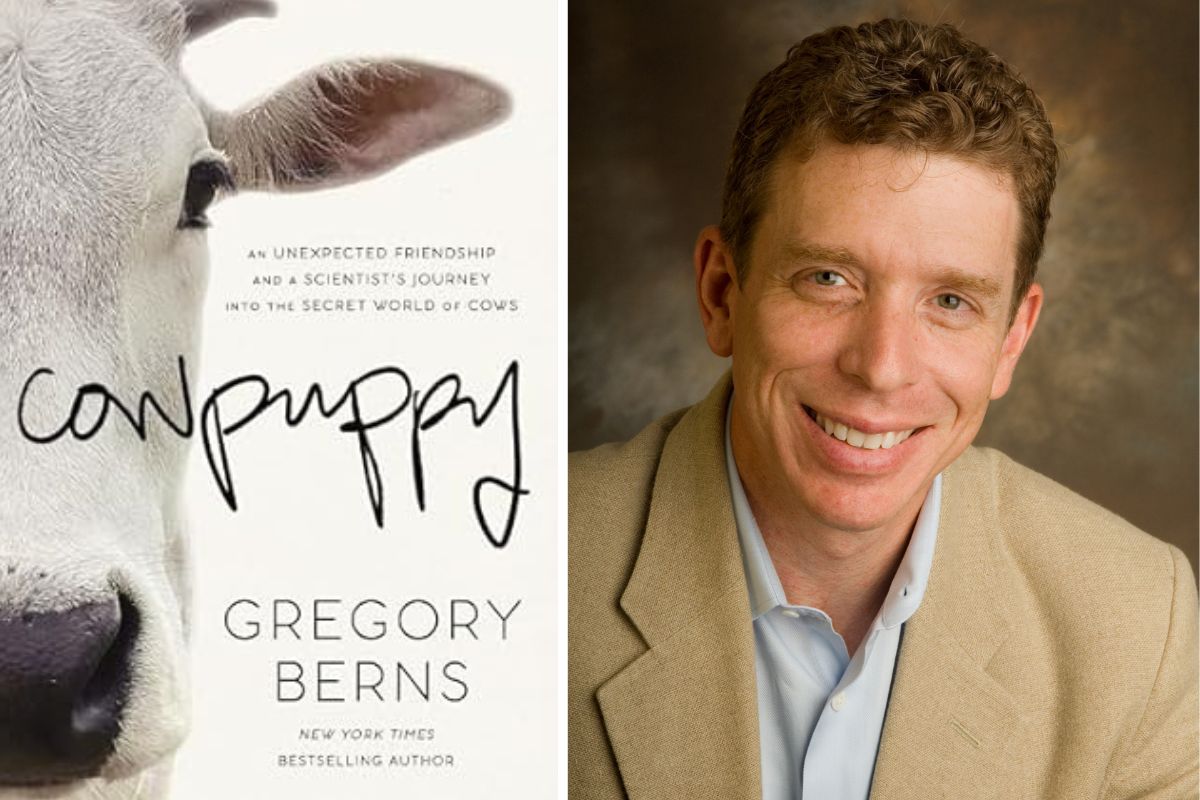Looking for a few fresh reads to add to your list this summer? Here are 11 books you can dive into now, plus one that will soon be available. They’re all packed with insights into the world around us.
Want more? Check out the complete list of books published by Emory faculty and staff in 2023.
Abyss
By Pilar Quintana, translated from Spanish by Lisa Dillman, professor of Spanish, Emory College of Arts and Sciences
“Abyss,” originally penned by Colombian author Quintana, offers an unsettling look at a family in Cali, Colombia, from the perspective of Claudia, an eight-year-old girl. Claudia’s father hardly speaks a word and her unhappy mother spends her days reading celebrity lifestyle magazines and telling Claudia stories of women who end their lives tragically.
Then an interloper arrives. With the delicate balance of family life thrown off, Claudia’s world starts to fall apart. This vivid novel reminds us that children can discern complex realities — even if they can’t fully understand them — and leads us into the heart of the lonely child we have all once been.
Dillman’s literary translation of the novel was a 2023 National Book Award Finalist, an award she was also up for in 2020.
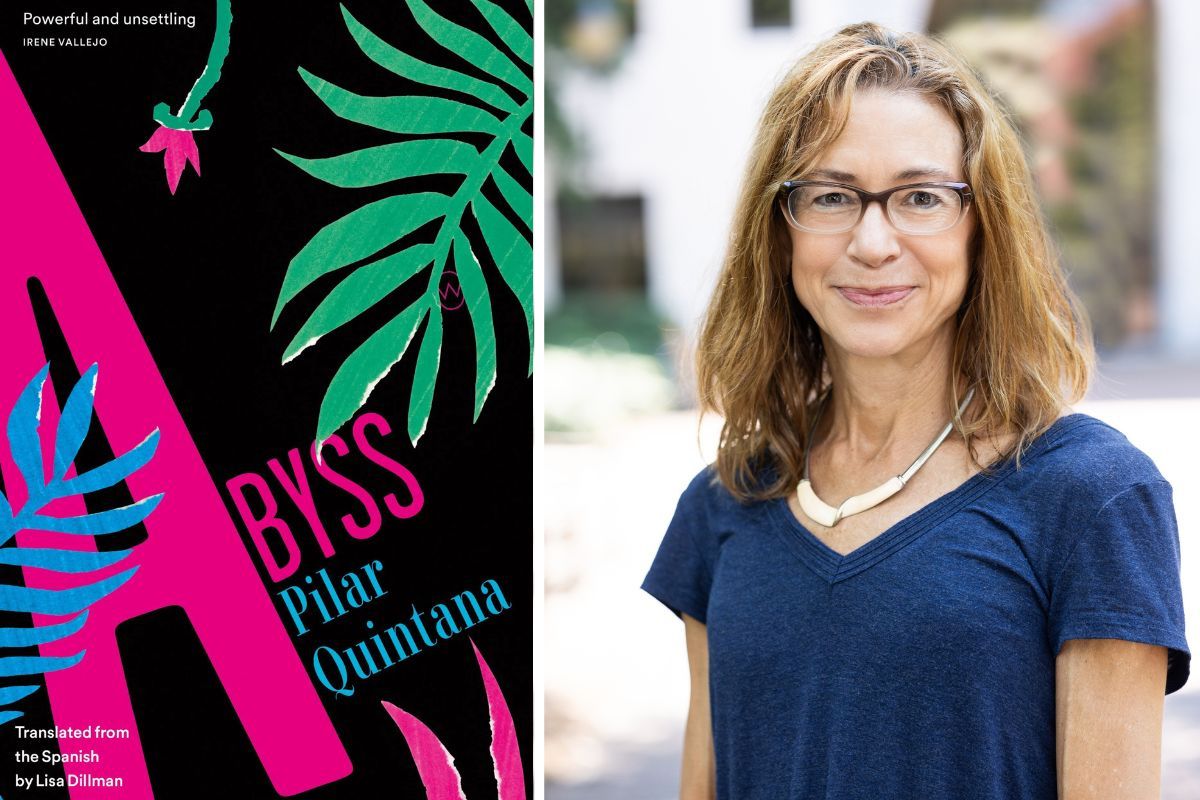
Big Fiction: How Conglomeration Changes the Publishing Industry and American Literature
By Dan Sinykin, assistant professor of English, Emory College of Arts and Sciences
A non-fiction must-read even for fiction lovers, Sinykin explores how changes in the publishing industry have affected fiction, literary form and what it means to be an author. “Big Fiction” offers an inside look at the industry’s routines, personal dramas and crises, as well as how conglomeration has shaped what kinds of books and writers are published.
Sinykin examines four different sectors of the publishing industry: mass-market books by brand-name authors like Danielle Steel; trade publishers that encouraged genre elements in literary fiction; nonprofits such as Graywolf that aspired to protect literature from market pressures; and the distinctive niche of employee-owned W. W. Norton.
Written in gripping and lively prose, this deeply original book recasts the past six decades of American fiction.
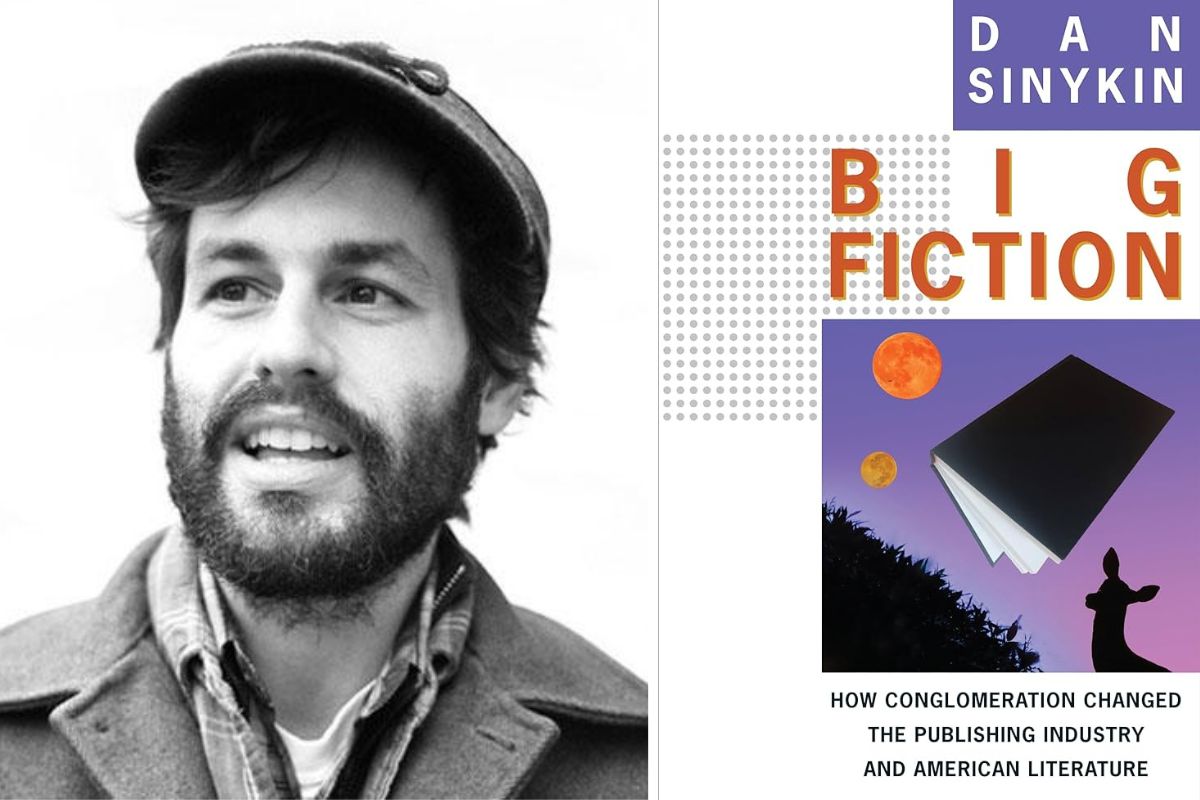
The Black Family’s Guide to College Admissions: A Conversation about Education, Parenting, and Race
By Timothy Fields, senior associate dean of undergraduate admission, and Shereem Herndon-Brown
In the wake of the 2020 racial reckoning, Fields and his coauthor realized they wanted to move the narrative forward on “improving the lives of Blacks in America, and we fundamentally feel that college is still the best way to narrow the wealth gap in the U.S. for Black families. Thus, we wanted to create a resource to help in that effort,” Fields says.
While the primary goal of “The Black Family’s Guide to College Admissions,” is, indeed, to help those families, the title has also held significant impact for allies and non-Black college counselors and educators.
Fields and Herndon-Brown demystify the complexity of the admissions process and address concerns that often go unanswered, including prioritizing students’ and parents’ mental health, understanding the influence of artificial intelligence tools, reviewing recent Supreme Court decisions, navigating admissions as a transfer student and more.
Read more: Running man: Tim Fields’ drive to serve families in the admission process
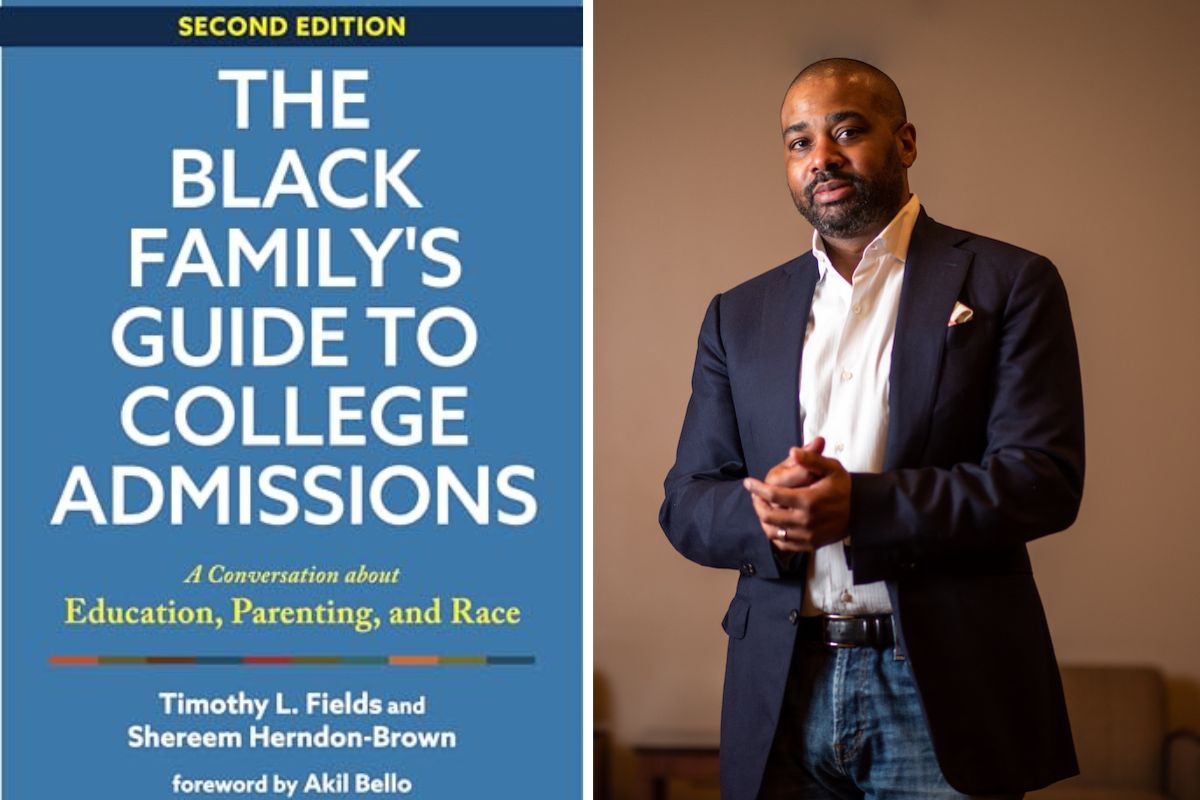
The Book of James: The Power, Politics and Passion of LeBron
By Valerie Babb, Andrew Mellon Professor of Humanities in African American Studies and English, Emory College of Arts and Sciences
“It is such an American story — poor Black boy from a ‘broken’ home in a poverty-stricken neighborhood makes good. Then, at the apex of his career, he finds the n-word spray painted across the gates of his home. LeBron James is the protagonist in both these American tales,” says Babb of her latest work, “The Book of James.”
Now a household name, James has lived in the public eye since his extraordinary athletic skills were displayed in high school. But, Babb argues, that intense public scrutiny tells us less about James himself and more about a nation still wrestling with many social inequities.
He uses his celebrity not to transcend Blackness, but to give it a place of cultural prominence and the backlash he receives exposes the frictions between Blackness and a country not fully comfortable with its presence.
Read more: Valerie Babb’s ‘Book of James’ reveals LeBron James’ agility as athlete and narrative maker
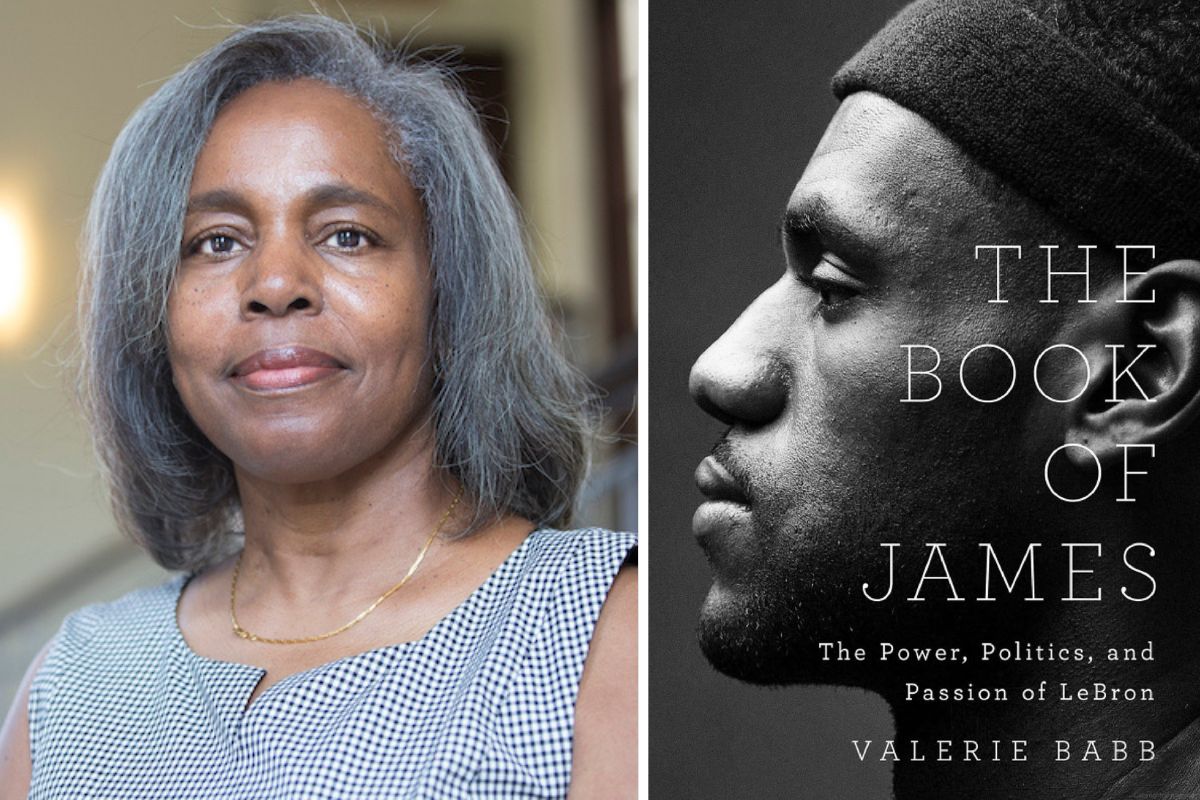
Life Sculpted: Tales of the Animals, Plants and Fungi that Drill, Break and Scrape to Shape the Earth
By Anthony Martin, professor in the Department of Environmental Sciences, Emory College of Arts and Sciences
Did you know elephants dig ballroom-sized caves alongside volcanoes? Or that parrotfish chew coral reefs and poop sandy beaches? In “Life Sculpted,” Martin reveals how bioerosion has expanded the tree of life, becoming an essential part of how ecosystems function, all while reshaping the face of our planet.
Combining paleontology, biology and geology to reveal the power of life’s chewing force, Martin also looks forward: to how this knowledge could aid us in mitigating and adapting to climate change.
Read more: New book eyes earth’s excavators, from microbes to elephants and dinosaurs
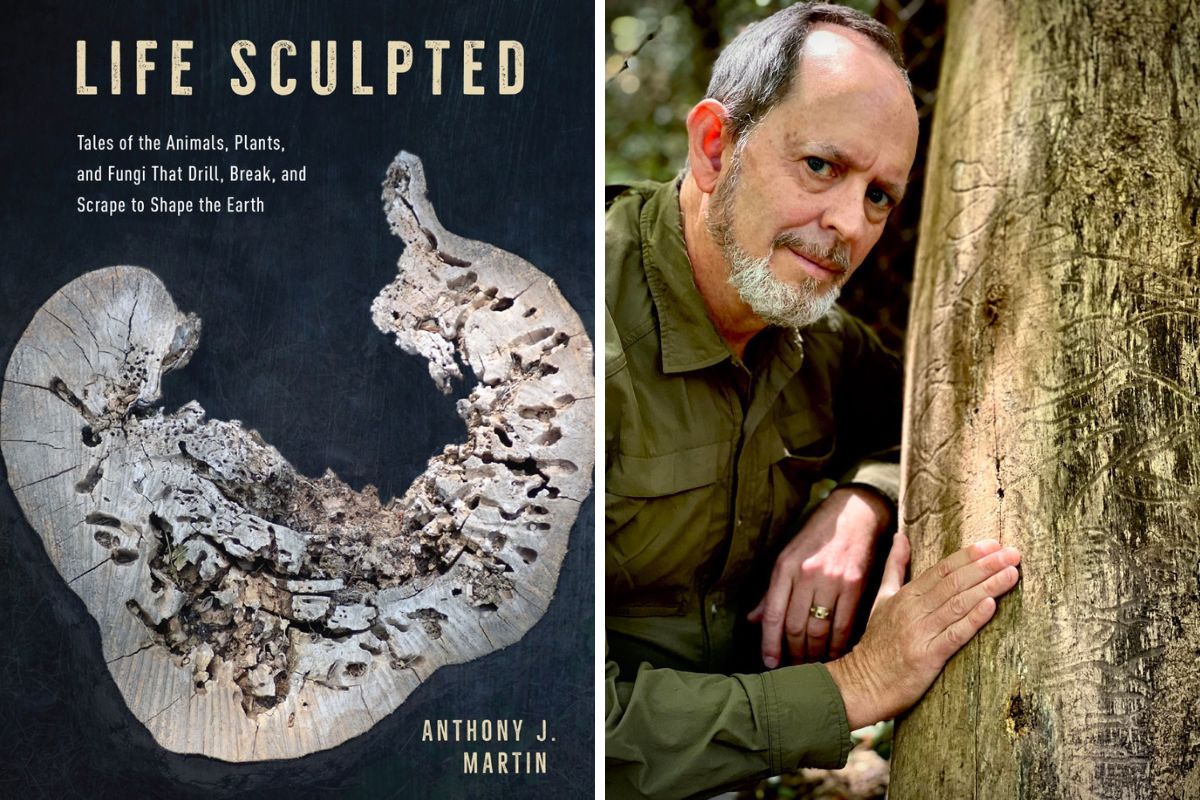
The New Brownies’ Book: A Love Letter to Black Families
By Karida Brown, professor of sociology, Emory College of Arts and Sciences, and Charly Palmer
More than 100 years in the making, a new book stewarded by Emory professor Karida Brown and artist Charly Palmer celebrates Black creativity and furthers the legacy of W.E.B. Du Bois in “The New Brownies’ Book.”
Covered by the New York Times and among Amazon’s picks for best history book, it salutes and updates “The Brownies’ Book: A Monthly Magazine for Children of the Sun,” the first periodical for Black children, debuted in 1920 by Du Bois.
Brown and Palmer’s book is a compendium of Black achievement and creativity as well as a springboard for addressing issues germane to Black children. Palmer and Brown describe it as “a living, breathing mosaic of dreams, aspirations and boundless potential.”
The work also earned Brown an NAACP Image Award earlier this year.
Read more: ‘A Love Letter to Black Families’
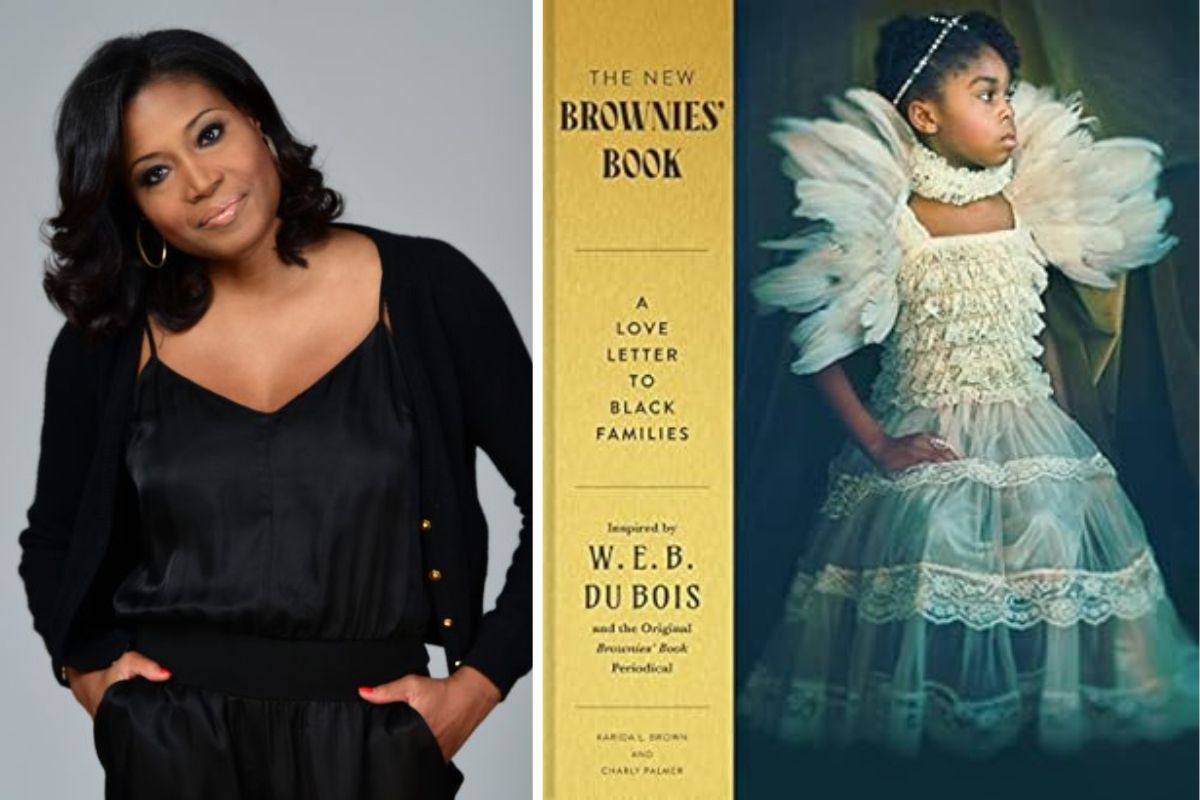
The North of the South: The Natural World and the National Imaginary in the Literature of the Upper South
By Barbara Ladd, professor of English
The Deep South — and its plantations — has become the primary focus of Southern literary studies. In “The North of the South,” Ladd examines the Upper South, exploring the fluidity of regional boundaries and arguing for greater attention to the impact of its distinctive ecosystems on literature. All the while, she also points out the interconnected ways that the Upper South’s cultural and natural histories are foundational to our national imaginary.
Ladd also suggests the difference that ecoregionalism might make for our understanding of Southern literature and the American cultural project. While focusing on the Chesapeake Bay cultural hearth, Virginia, Maryland and North Carolina, Ladd explores the worlds of Edgar Allen Poe, Elizabeth Madox Roberts, Toni Morrison and Cormac McCarthy, among others.
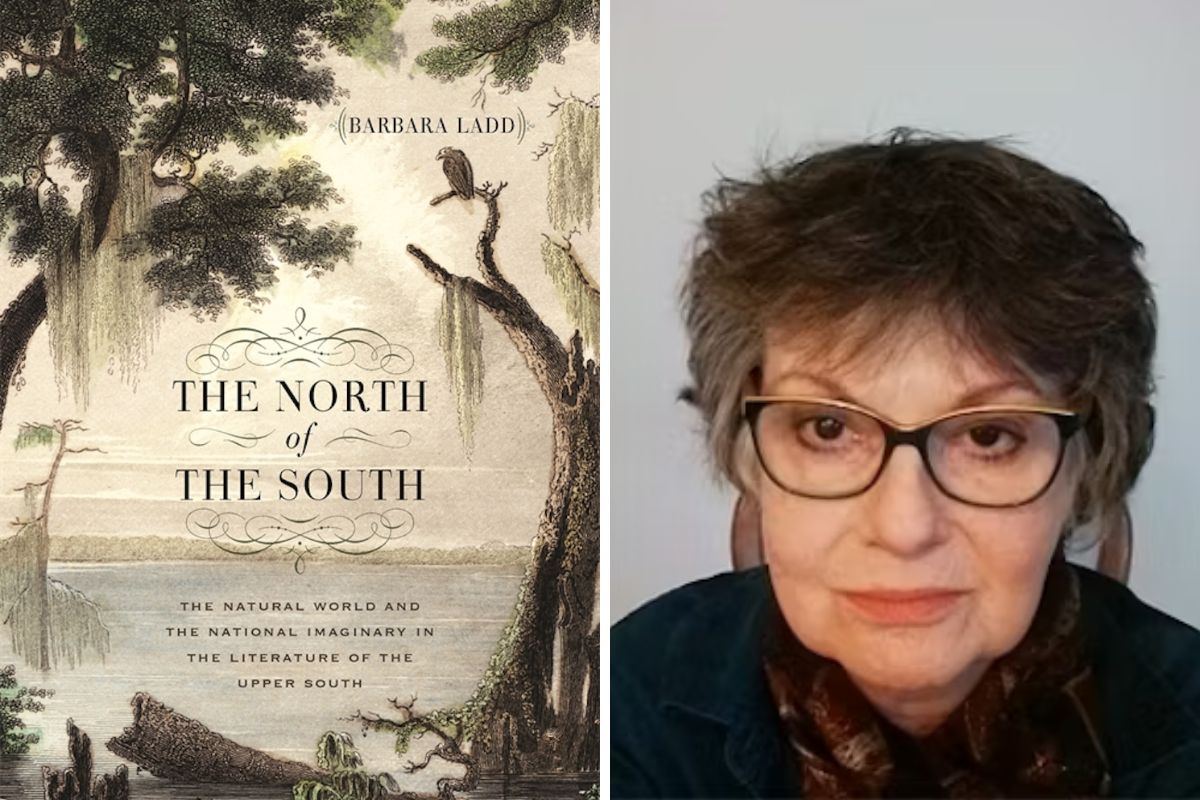
Omnis: Last Man of Earth
By Derrick Howard, professor of practice and director, Externship Program and Professionalism Program, School of Law
In this Afrofuturistic science fiction, it’s Intergalactic Independence Day Earth 2050. Sledge, a reluctant, blind hero is dragged — kicking and screaming — into a gallant struggle for survival. Armed with only a walking stick and grit as his aid, Sledge finds himself in a dystopic universe pitted against celestial beings who are exploiting apex AI, cancer cultures, self-indulgence and more.
“Omnis” is an epic, action-packed journey that sets forth Sledge’s journey and asks readers if they’ll be a spectator in their self-destruction or a participant in their survival.
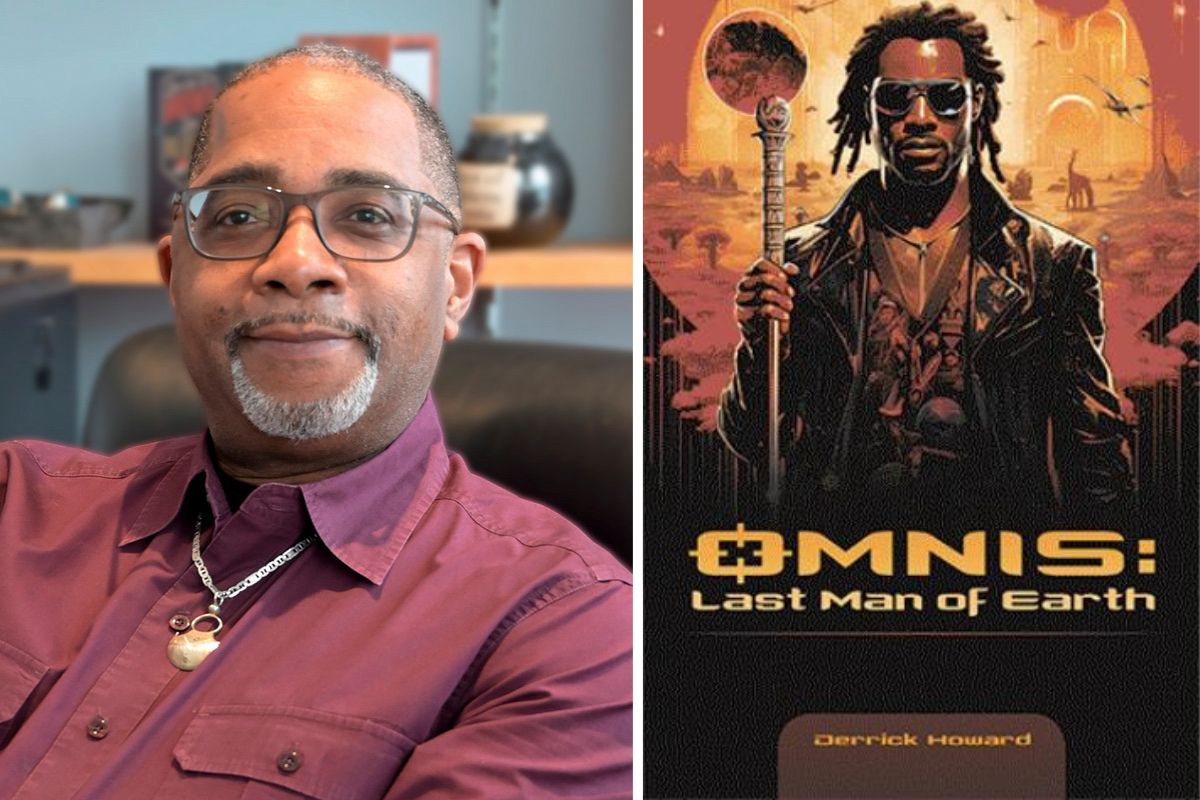
One Nation Under Guns: How Gun Culture Distorts Our History and Threatens Our Democracy
By Dominic Erdozain, research fellow, Candler School of Theology
In “One Nation Under Guns,” Erdozain argues that because of parsing legislation on background checks and bans, we fail to ask what place guns should have in a functioning democracy. By taking readers on a historical journey, Erdozain emphasizes how the founding fathers feared individual tyranny as much as royal tyranny.
Despite writing ideas of a peaceful and free republic into the Constitution and Bill of Rights, racism and nationalism have generated modern gun culture. The norms of today are not the norms of American history — or the values of its founders. Erdozain argues that to save our democracy, we must fight for the founders’ true idea of what it means to be free.
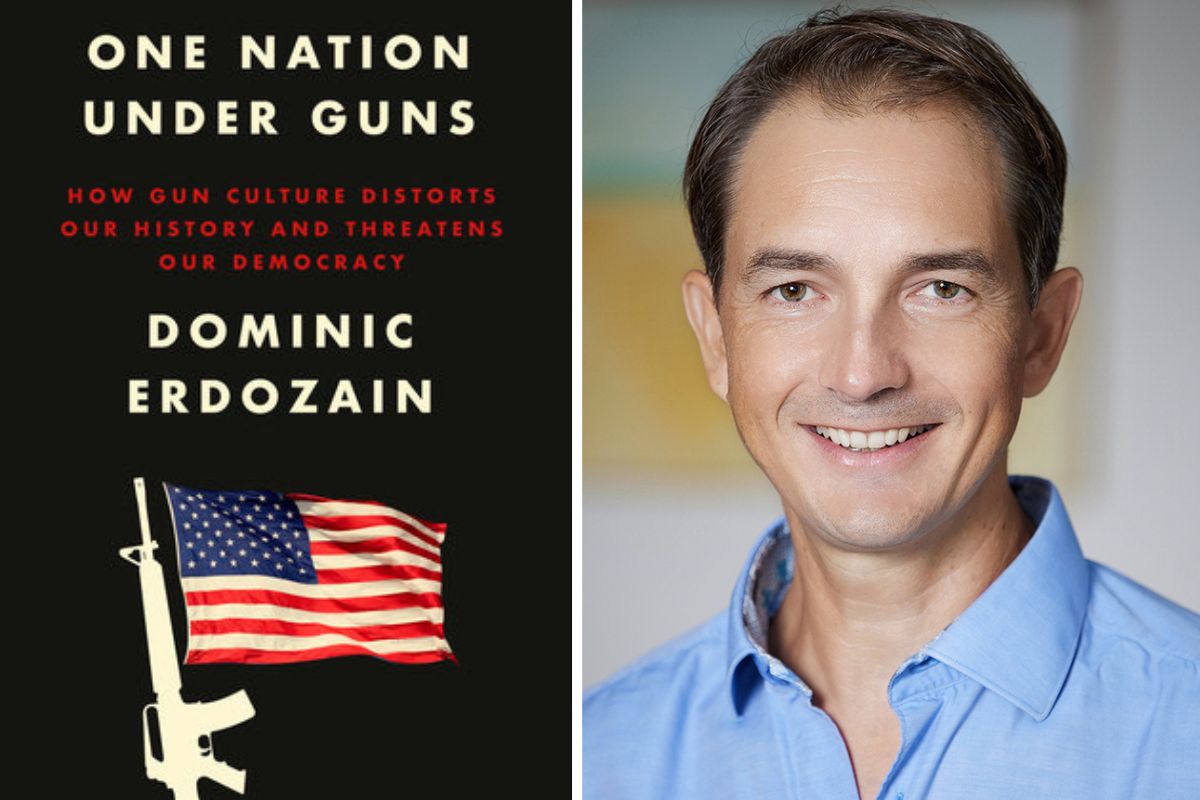
The Smartest and Most Promising: The History of the Emory School of Medicine
By Armand Hendee, professor emeritus, Emory School of Medicine; Juha Kokko, professor emeritus, Emory School of Medicine; Gary Hauk, emeritus, Office of the President; Sally Wolff King, Woodruff Health Sciences historian; and Sylvia Wrobel, emeritus, Health Affairs
Penned by those who know it well, “The Smartest and Most Promising” traces the distinguished history of the Emory University School of Medicine, highlighting the intellect, strength, endurance and hard work of the many who planned and built an internationally renowned health sciences center in the heart of Atlanta.
From a small “practitioner’s school” struggling to stay afloat to present-day boundary-breaking research and eminence, readers are invited to walk the path of the School of Medicine and discover the essential role the school plays in training new physicians and contributing to the advancement of medicine.

Vagabond Princess: The Great Adventures of Gulbadan
By Ruby Lal, professor of South Asian studies
“Vagabond Princess” is a captivating biography of one of the world’s greatest adventures, the Mughal Princess Gulbadan, based on her long-forgotten memoir. Lal first consulted Gulbadan’s lone surviving manuscript in the British Library between 1996 and 2000. Gulbadan had been asked to write her memories of her forefathers as a contribution to the first official history commissioned by Emperor Akbar.
Instead, Gulbadan narrated jaw-dropping events of her own life, much to the displeasure of her nephew, the emperor. The work mysteriously breaks off at folio 83, where Lal shows the layers of action around the missing pages redacted by the royal historian who did not want the princess to have her say.
With meticulous archival research and rich descriptions, Lal brings the world of Mughal women and the vagabond princess Gulbadan to life.
Read more: A whip-smart, adventurous princess animates Ruby Lal’s new biography
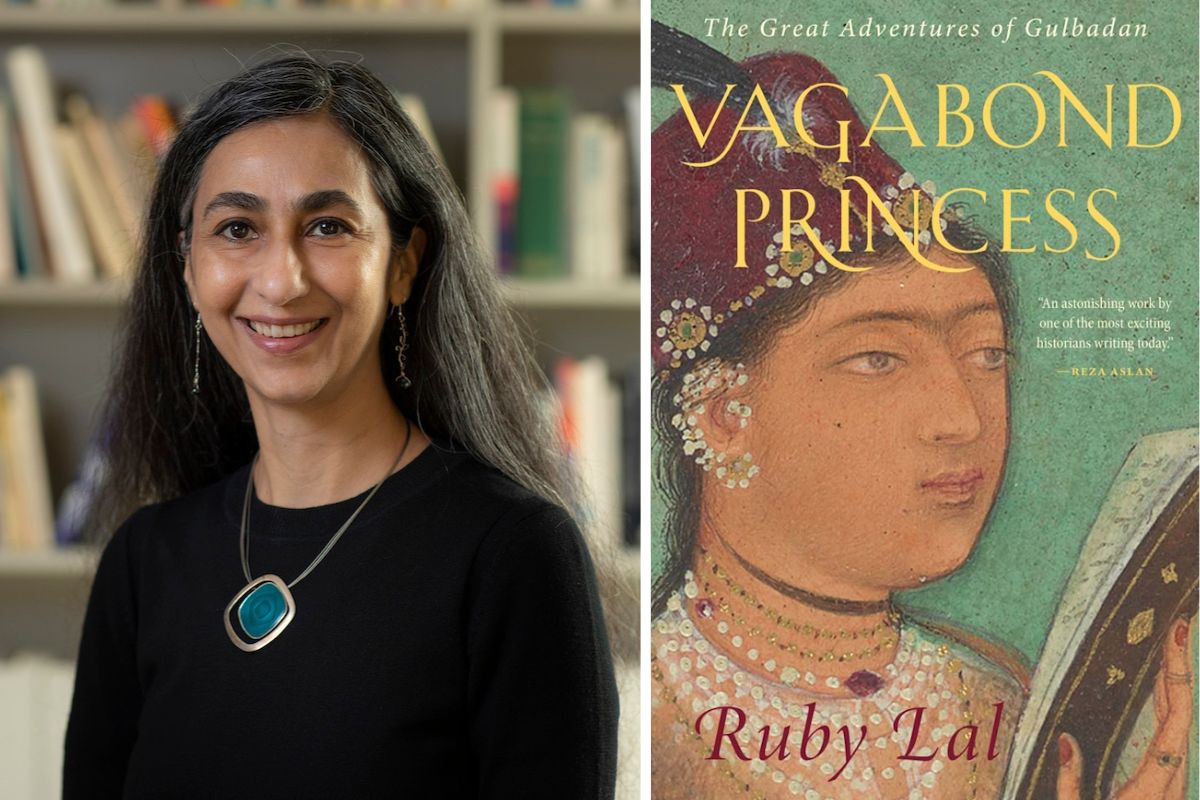
Bonus: A book we’re looking forward to
Cowpuppy: An Unexpected Friendship and a Scientist’s Journey into the Secret World of Cows
By Gregory Berns, professor of psychology and distinguished professor of neuroeconomics
Beloved for his insights into canines, Berns is now turning his lens to cows. When Berns and his wife decided to venture into sustainable farming in rural Georgia, they knew cows were a key part of the plan — but that’s where their knowledge of cattle ended.
As Berns and his small herd of three miniature zebus acclimated to each other, he turned his powers of scientific observation and innovation on them. Through a mix of memoir, scientific explanations of animal behavior and portraits of his herd, Berns illuminates the inner world of cattle.
Whether cows are part of your everyday life or you simply want to armchair travel to the country, “Cowpuppy” offers a deeper understanding of these complex creatures and what humans can learn from them. Grab your copy on Aug. 20.
Read more: Caring for cattle expands the mind of a neuroscientist
